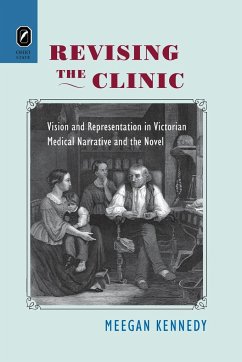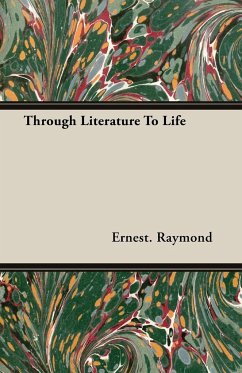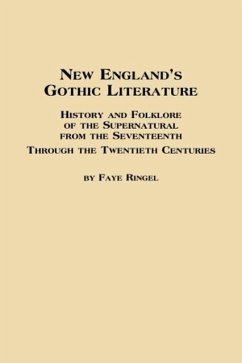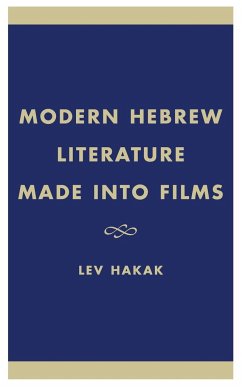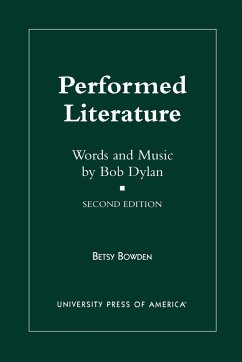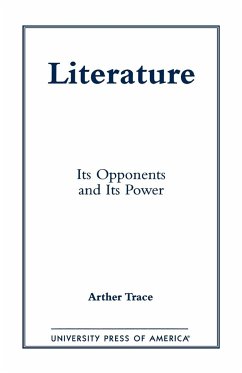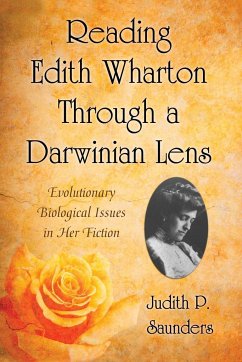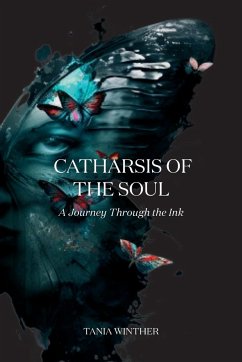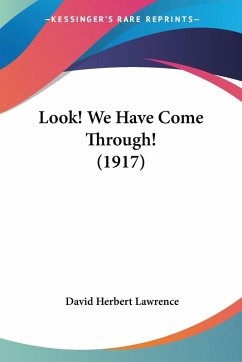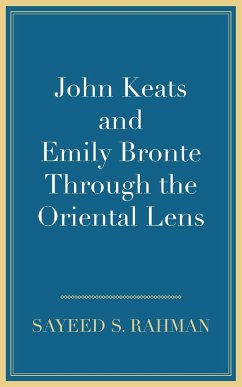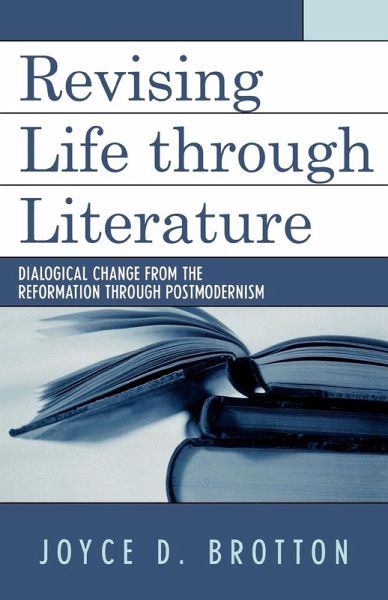
Revising Life Through Literature
Dialogical Change from the Reformation through Postmodernism
Versandkostenfrei!
Versandfertig in 1-2 Wochen
75,99 €
inkl. MwSt.

PAYBACK Punkte
38 °P sammeln!
After the Reformation, science superseded both religion and literature as the favored source of knowledge. As people became free of a catechism of rote responses, they found the concept of self-determination both liberating and terrifying. Literature stepped in by providing examples of fictional characters that made choices in circumstances similar to the quandaries faced by readers_situations that could not be easily resolved by scripture alone.





